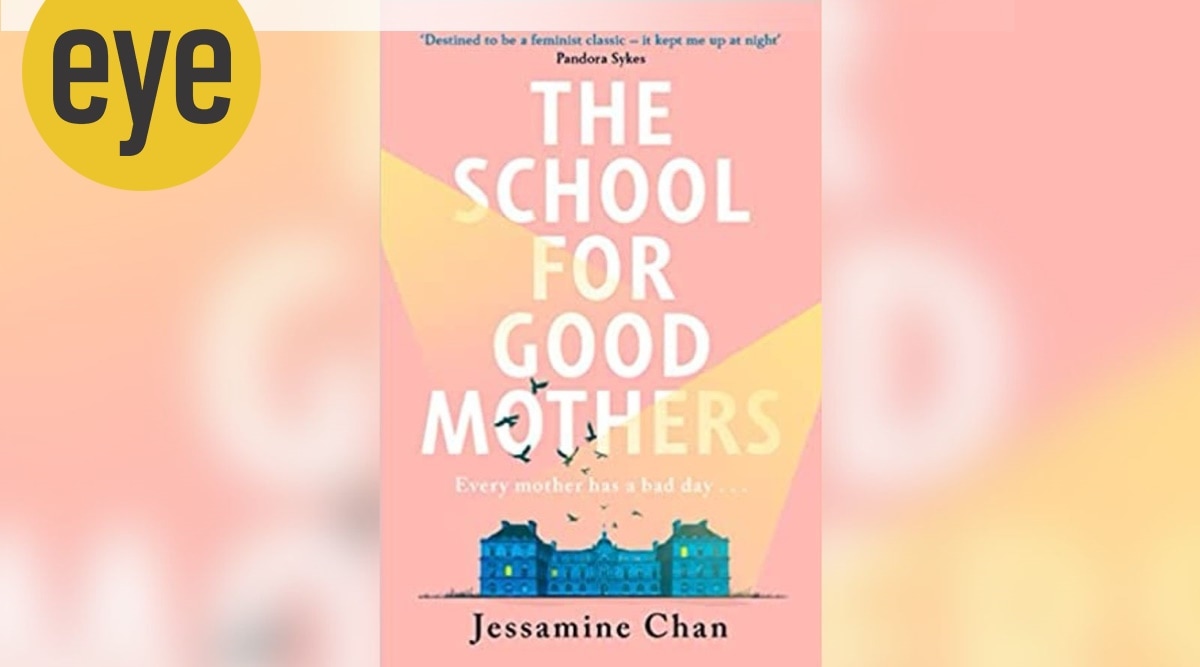 The School for Good Mothers by Jessamine Chan (Source: Amazon.in)
The School for Good Mothers by Jessamine Chan (Source: Amazon.in)The halo around motherhood is so deeply entrenched in societies that there are some things that no one tells new mothers about — that that cherub everyone coos over during strolls in the park can wear anyone down with her obstinate refusal to sleep; that the self-contained little toddler busy with his toy truck in the playpen can suddenly transform into a tyrant if his tantrum is not soothed.
Most of all, the truth that is tucked furthest away from reach is the fact that the price of motherhood can often be an erasure of self. After all, can one possibly be a good mother if one still craves for some time of one’s own? Is she mother enough if she is not racked by constant self-doubt about her worth as a parent?
The School for Good Mothers, Jessamine Chan’s disruptive debut novel holds up modern-day motherhood to scrutiny in a narrative that is dark and terrifying in its proximity to an apocalyptic truth. Thirty-nine-year-old Chinese American Frida Liu has been on a downward spiral since the birth of her baby Harriet. Her husband Gust has left her for a young woman, Susanna, a former dancer and now a nutritionist and occasional Pilates instructor; Liu’s part-time job in academia pits her against arrogant male academics who refuse to cut her any slack; her insomnia is unyielding and she’s exhausted most of the time just trying to get through her days.
Subscriber Only Stories
It’s only Harriet, 18 months old now, who is a solace in her otherwise fraught life. But that’s only until Liu has a momentary lapse of judgement that throws her life off kilter. One morning, after yet another night of no sleep and tending to Harriet who wouldn’t stop fussing, Liu steps out to pick up a coffee and some papers from her office, leaving Harriet on her own briefly.
The state swoops in, taking Harriet into custody, eventually sending her off to live with her father and his girlfriend while Liu finds herself first under surveillance, and later, incarcerated for a year in an abandoned college campus to undergo a government reformation programme to assess her apparently deficient maternal instinct. There, along with other “errant” mothers separated from their children, she is taught to neglect her own needs and practise her mothering skills on life-like robotic dolls. “I am a bad mother, but I am learning to be good,” the women are made to intone over and over again, as if trying to beat the obduracy out of them and mould them into archetypal nurturers.
Disquieting, dystopic and reminiscent of Margaret Atwood’s The Handmaid’s Tale, The School for Good Mothers, is a sharp, triggering parable for the incredible loneliness of women in patriarchal societies. One of the novels that made it to former US President Barack Obama’s summer reading list this year, Chan’s debut novel is a deep dive into the tricky motherhood matrix that leaches women of their personalities and judges them solely on their maternal instinct and perceived lack thereof, while offering them no support or reprieve.